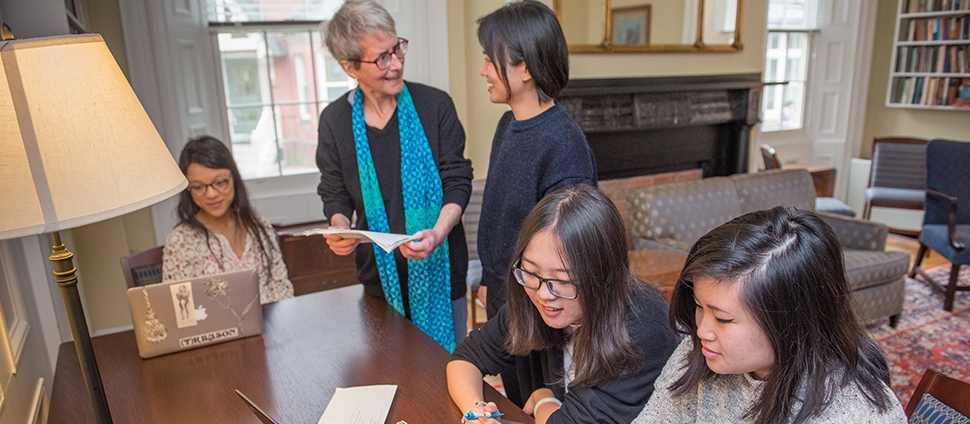Document Type
Article
Publication Date
1-22-2018
Publication Title
Cognitive Science
Abstract
It is an old philosophical idea that if the future self is literally different from the current self, one should be less concerned with the death of the future self (Parfit, 1984). This paper examines the relation between attitudes about death and the self among Hindus, Westerners, and three Buddhist populations (Lay Tibetan, Lay Bhutanese, and monastic Tibetans). Compared with other groups, monastic Tibetans gave particularly strong denials of the continuity of self, across several measures. We predicted that the denial of self would be associated with a lower fear of death and greater generosity toward others. To our surprise, we found the opposite. Monastic Tibetan Buddhists showed significantly greater fear of death than any other group. The monastics were also less generous than any other group about the prospect of giving up a slightly longer life in order to extend the life of another.
Keywords
Self, Personal identity, Death, Buddhism, Parfit
Volume
42
Issue
S1
First Page
314
Last Page
332
DOI
10.1111/cogs.12590
ISSN
0364-0213 print / 1551-6709 online
Rights
Copyright © 2018 Cognitive Science Society, Inc. All rights reserved.
Recommended Citation
Nichols, Shaun; Strohminger, Nina; Rai, Arun; and Garfield, Jay L., "Death and the Self" (2018). Philosophy: Faculty Publications, Smith College, Northampton, MA.
https://scholarworks.smith.edu/phi_facpubs/31



Comments
Archived as published under "free access" designation.